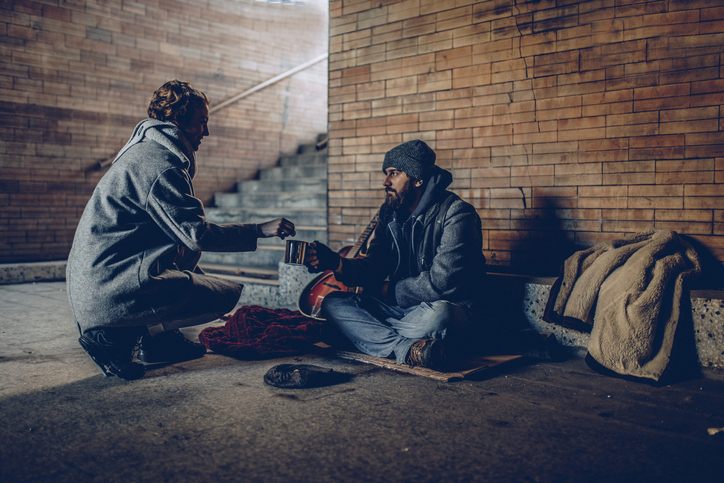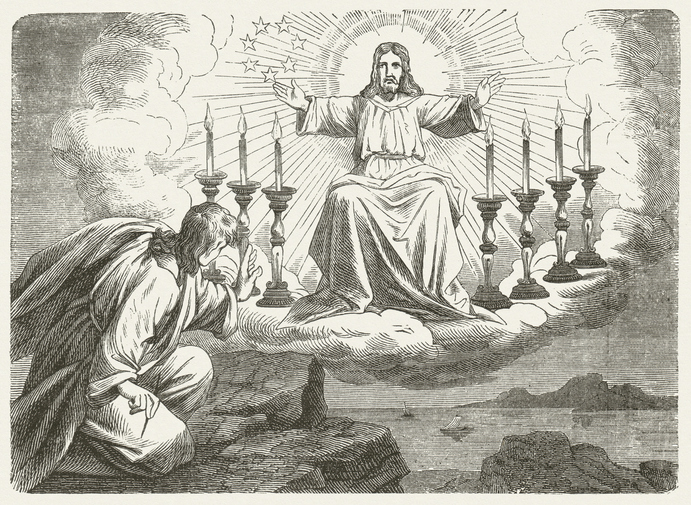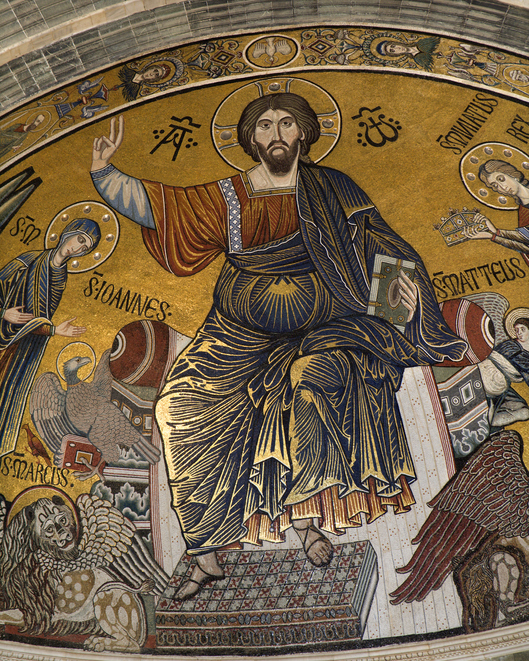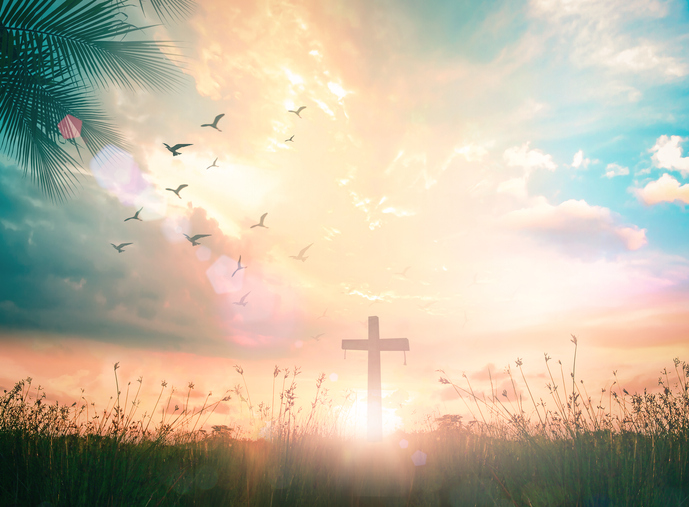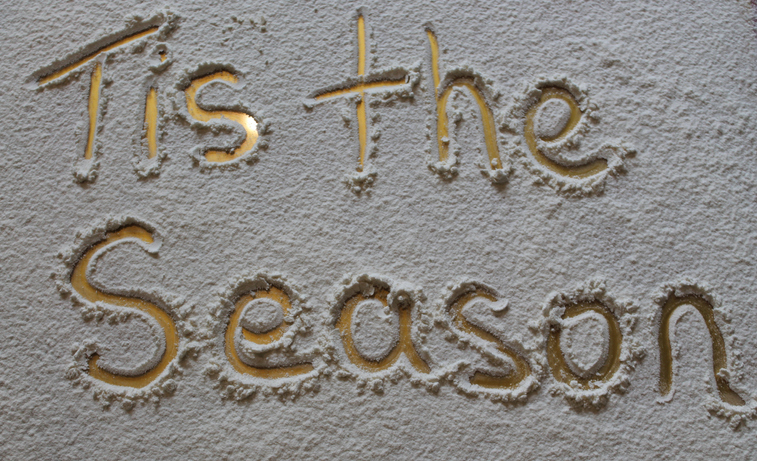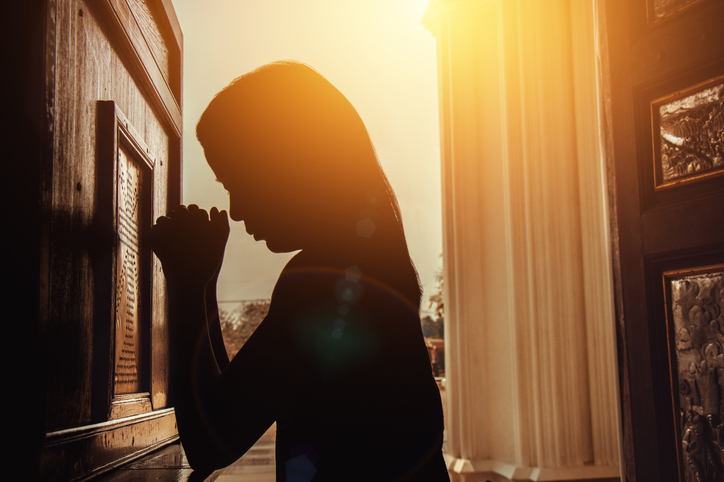I have heard today’s Gospel reading many times, as I’m sure you have as well. We hear of Zacchaeus, a well-known tax collector that took more than his share from the people. Still, Jesus tells him to come down from the tree and states that Jesus will be staying at his house. Everyone else is appalled. How could Jesus associate himself with a tax collector of all people! Doesn’t he know?!
Well… Here’s the thing; Jesus was insanely radical.
Today, many of us are blessed to know Jesus’ name. Many people associate Jesus with traditionalism and being conservative. At the time, Jesus was this amazing man with super crazy ideas. He rebuked the church officials. He publically spoke against laws. He touched the lepers. He chose to stay with well-known sinners. Jesus encouraged the inspection of traditions and the introspection of one’s own self.
In today’s Gospel, Jesus does this again in a way that we think we are familiar with because we have heard the story. In our own lives, it is alien and almost taboo to us. This is because we often like to distance ourselves from the people we see as “bad” or the “other” when, in reality, there is not much difference between any of us. That is not to say that there are not any differences, but there are often more similarities than differences.
Still, we tell ourselves that if someone has a vastly different lifestyle that we cannot associate ourselves with them. I often hear the term, “guilty by association,” but no one ever talks about the joy and love of God rubbing off on other people.
I know that in my life, my faith and trust in God has changed the hearts of others. I have dated people that knew nothing of Catholicism, and through (a lot of) patience and non-judgemental conversation, they now know and understand their own faith that much more. I have had friends that I drag with me to Mass and then had them tell me, “I didn’t know that’s what you believe.” I have had family members that have stopped practicing their faith, hear me talk about how much I love being Catholic, and having that Catholic community, then text me that they started going back to Mass.
My favorite instances are when I am at a smoky bar or a rock concert, a drink in hand, and begin talking about my faith with the people around me. It normally begins with people asking where I work, and then I usually get the once-difficult question of, “How can you work for a Catholic company after everything with the priests?” I explain that priests are flawed people too, that Judas was Catholic, that this is all coming to light because we are honoring the truth, that God/Jesus/Holy Spirit and his followers are two separate things.
Then I listen to what they have to say.
It is through patient conversations, not arguments that I see the tiny spark of a conversion of heart. This does not happen from a distance. It happens with friends, family, and strangers that we come in contact with every day. As we approach the holiday season, we must welcome the sinner and be a witness to our faith and our God just as Jesus did, regardless of how different we think they are.
Not sure how to start the conversation? Below are some resources:

Veronica Alvarado is a born and raised Texan currently living in Michigan. Since graduating from Texas A&M University, Veronica has published various articles in the Catholic Diocese of Austin’s official newspaper, the Catholic Spirit, and other local publications. She now works as the Content Specialist in Diocesan’s Web Department.

